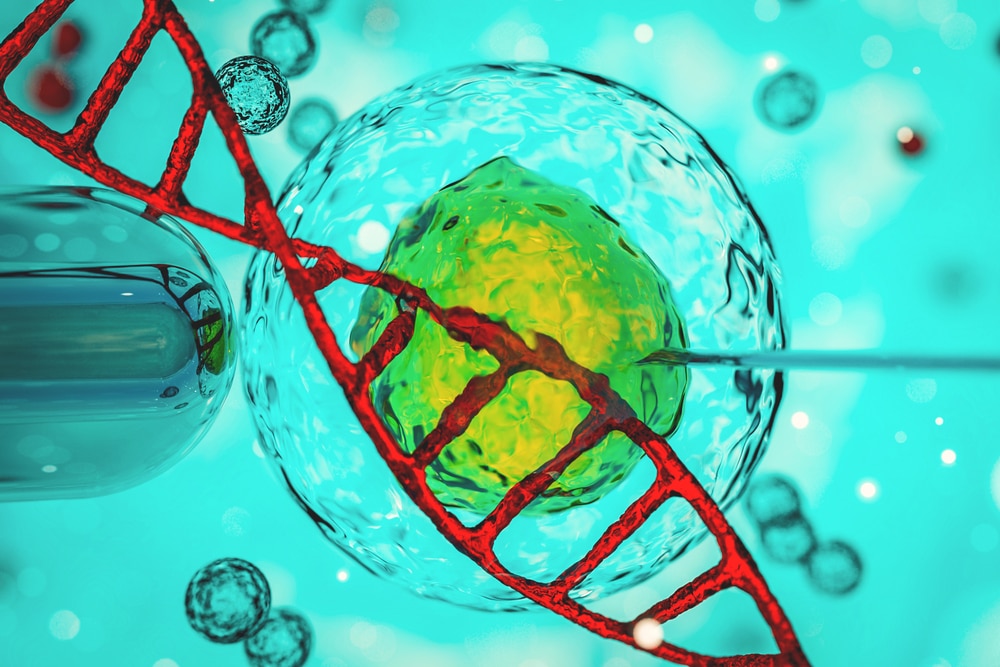Two companies with sole rights to two CRISPR diagnostic methods in markets outside the U.S. and Greater China have signed a licensing agreement.
Sherlock Biosciences announced today (November 3) that it has signed a deal with China-based Tolo Biotech which grants co-exclusive rights to the Cas12 and Cas13 method patents.
As the only two companies with rights to the patents in the diagnostics market, this agreement furthers Sherlock and Tolo’s collaboration and provides the partners with rights to the most comprehensive portfolio of diagnostic CRISPR patents.
CRISPR diagnostics
In 2020, Tolo granted Sherlock exclusive rights in the U.S. to its CRISPR Cas12 (including Cas12a and Cas12b) diagnostic technology, and Sherlock granted Tolo exclusive rights to the CRISPR Cas13 SHERLOCK diagnostic platform in Greater China. This latest news further extends the collaboration and global IP portfolio for the companies.
Bryan Dechairo, president and CEO of Sherlock Biosciences said: “We are very pleased to be expanding our collaboration with Tolo through this licensing agreement.
“What began as a license agreement for the U.S. and Greater China has now grown to cover the rest of the world, ensuring we can advance the development and adoption of these powerful technologies globally, further securing our position as the global leader in CRISPR diagnostics.”
Exclusive rights for Sherlock Biosciences and Tolo Biotech
Through this licensing agreement the companies say they can also sublicense rights for laboratory and hospital markets, enabling global partnerships that can further drive development and commercialization of CRISPR-based assays on new and more affordable diagnostic platforms worldwide.
The Cas12 and Cas13 families of enzymes are highly programmable and exhibit strong collateral activities that make them uniquely suited for the specific DNA and RNA molecular detection of pathogens and single nucleotide polymorphisms. When combined with existing or novel isothermal amplification methods, they achieve the highest levels of sensitivity with the fastest time to result, without requiring sophisticated instrumentation.
Jin Wang, co-founder and CEO of Tolo Biotech, said: “CRISPR holds tremendous promise in driving the future of molecular diagnostics and we are very glad to be partnering with Sherlock to bring this technology to the world.
Signed agreement
“By joining forces, we can not only advance the development of powerful CRISPR-based diagnostics, but we can also drive the manufacturing and distribution of these products outside of the U.S. and Greater China where they are greatly needed to improve global health equity.”
Sherlock Biosciences says it is developing products that will empower people to access answers and have more control over their health decisions.
It says using its engineering biology tools, CRISPR-based SHERLOCK and synthetic biology-based INSPECTR, bringing together the accuracy of PCR with the convenience and simplicity of antigen tests for molecular diagnostics at the point-of-need.
Partnering 2030: The Biotech Perspective 2023






